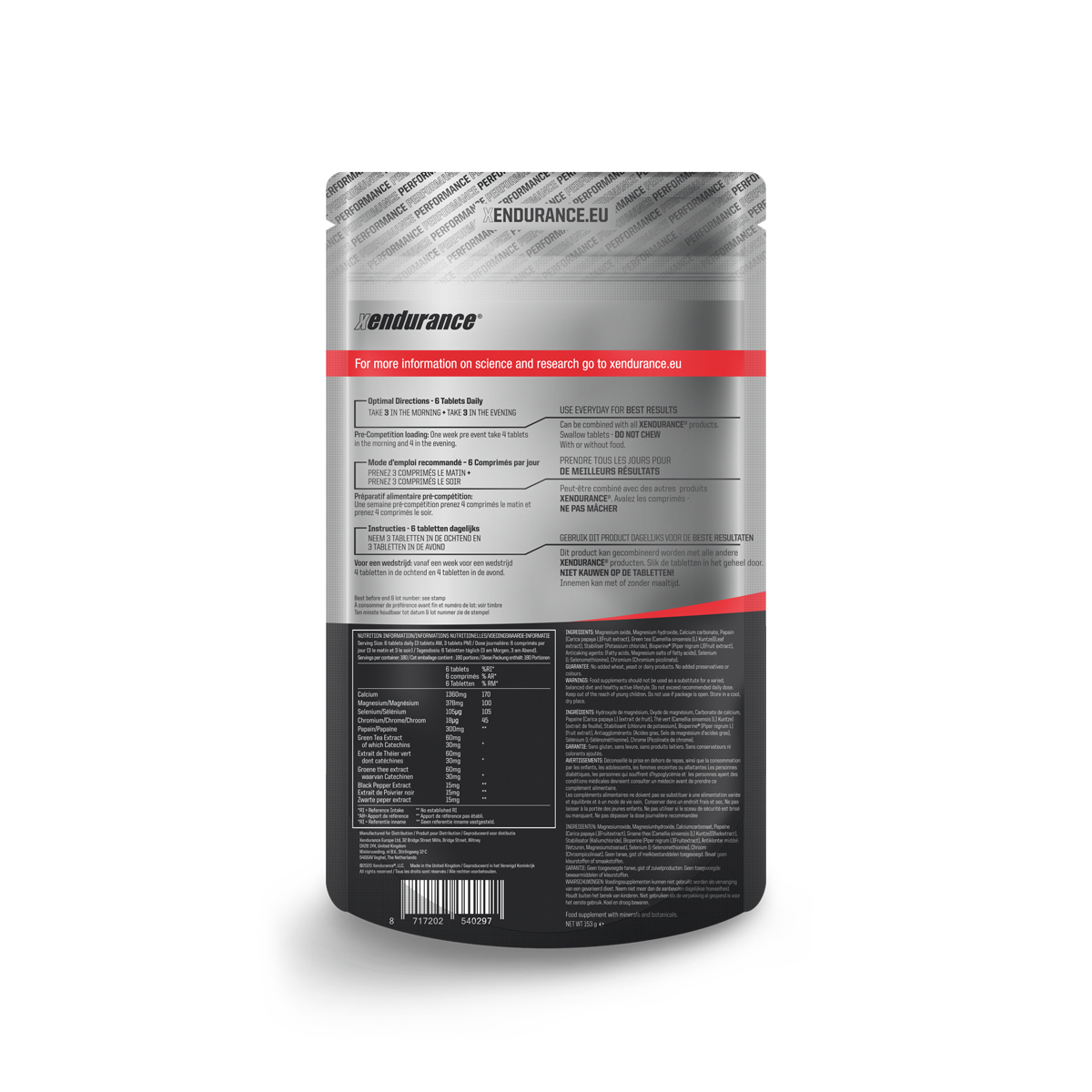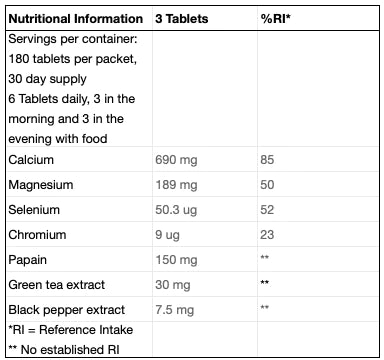As athletes embark on their training programmes, they’re never guilty of trying to maximise the amount of hard training they want to put in to be in peak condition at their chosen event. However, I feel a lot of athletes of the years I’ve been coaching, tend to overlook and feel guilty about planning periodised recovery/de-load weeks into their competition schedule.
The crippling fear I see in an athlete’s face when I show them their training schedule and it has a de-load week. Their first question is, “Are you sure? I mean we only have so many months to get as fit as possible!?” I reply, “I’m sure.”
The thought of easing back to propel forwards is still something that a lot of athletes struggle to grasp emotionally. Logically they get it but the insecurities and demons of the emotional part of the brain override our logic and make us overtrain and later leads us to burnout or injury.
Don’t worry I have fallen victim to this as well from time to time. We all think we’re the exemption to the rule.
I’m not going to give another blog on how recovery is super important, and it allows our muscles to repair and recover. There’s so much importance on recovery these days that we may as well sit on the couch with a box of Dunkin’ doughnuts and wait for the adaptations to happen.
We do in actual fact need to stress our body with elements of volume and intensity over a period of time. For the running athlete that will be length of training run (volume) and how you’re working (intensity) for the strength athlete that will be reps & sets (volume) and how heavy those sets, and reps will be (intensity).
We must stress our physiological systems over a period of time and then allow the body to recover from that training stress to adapt to the demands of the training regime you are undertaking. I usually go with a cycle of three weeks hard/one-week de-load. Others may go four or five weeks hard and one-week de-load. You have to find the right balance for you within your programme.
In running terms that may look like this:-
Week One - 60 miles per week
Week Two - 65 miles per week
Week Three - 70 miles per week
Week four - 55 miles per week
This type of periodised training will allow your body to go through the super compensation curve by having the right stress placed upon you but also then allowing the body the required recovery time to adapt and come back that little bit stronger and fitter.
Sometimes when you’re flying in training you feel more inclined to skip the de-load week because you start to think you're superman and the rules of physiology no longer apply to you. I can see some of you smiling right now reading this. We’ve all been there in the best shape of our lives telling our coaches that we’re all good and can keep pushing only to find a couple of weeks later that we have picked up an injury that will hinder our chances of running to the best of our capabilities or not even make the start line.
The gold medals don’t go to the hardest worker, they go to the smartest worker.
Check out Sean Fontana's website for more great content - CLICK HERE










